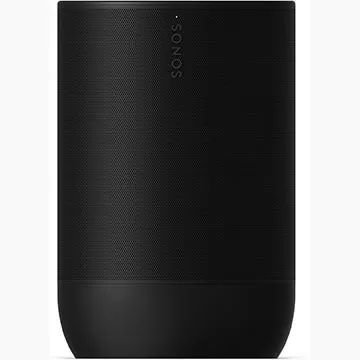Nintendo's Cautious Approach to Generative AI in Game Development
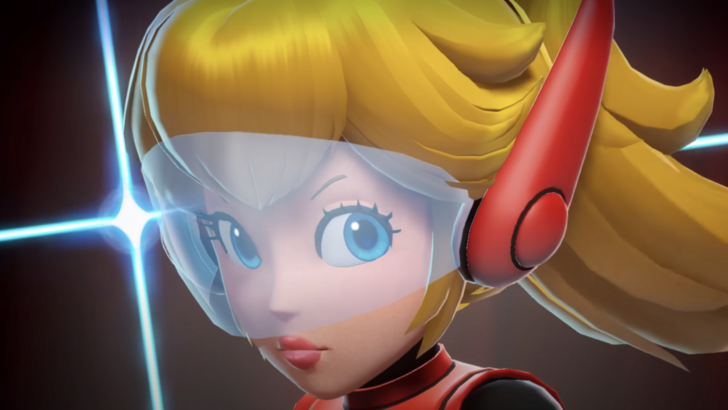
While the gaming industry actively explores generative AI's potential, Nintendo maintains a cautious stance. Concerns surrounding intellectual property (IP) rights and the company's dedication to its unique development style are driving this decision.
Nintendo President Shuntaro Furukawa's Stance on AI Integration
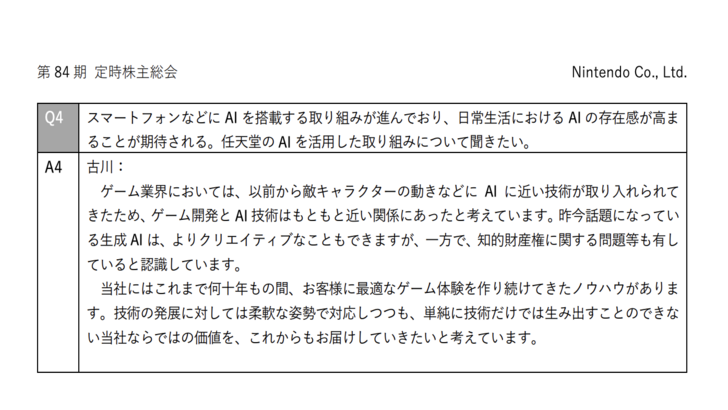
In a recent investor Q&A, President Furukawa explicitly stated that Nintendo currently has no plans to integrate generative AI into its games. The primary concern centers on IP rights and the potential for copyright infringement.
Furukawa acknowledged AI's long-standing role in game development, particularly in NPC behavior control. However, he differentiated between traditional AI and the newer generative AI, capable of producing original content like text, images, and video.
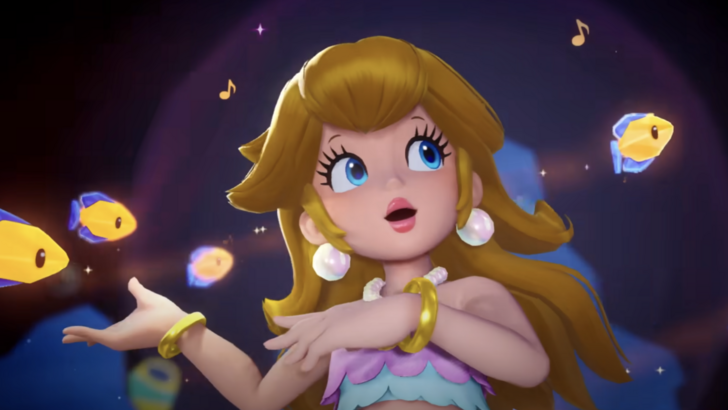
While recognizing generative AI's creative potential, Furukawa highlighted the inherent IP risks. The ability of these tools to potentially infringe on existing works is a significant deterrent.
Preserving Nintendo's Unique Identity
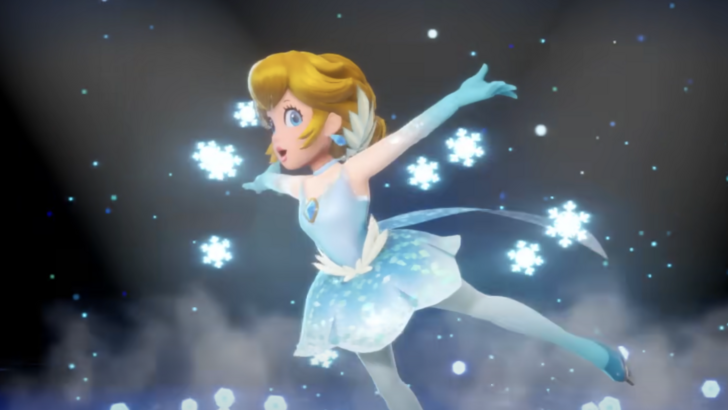
Furukawa emphasized Nintendo's decades-long commitment to crafting distinctive gaming experiences. He stressed the company's extensive expertise in creating optimal gameplay and its desire to maintain a unique value proposition that transcends mere technological advancements.
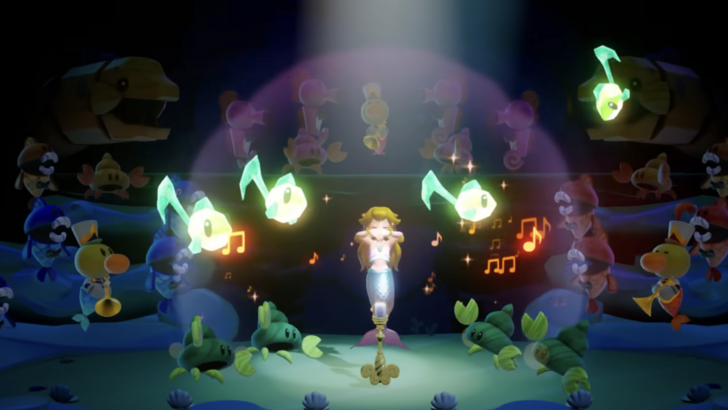
A Divergent Approach from Other Gaming Companies
Unlike Nintendo, other gaming giants are embracing generative AI. Ubisoft's Project Neural Nexus utilizes generative AI for NPC interactions, while Square Enix and EA see it as a valuable tool for content creation and process optimization. These companies view generative AI as a tool within a larger design and development framework, rather than a replacement for human creativity.


